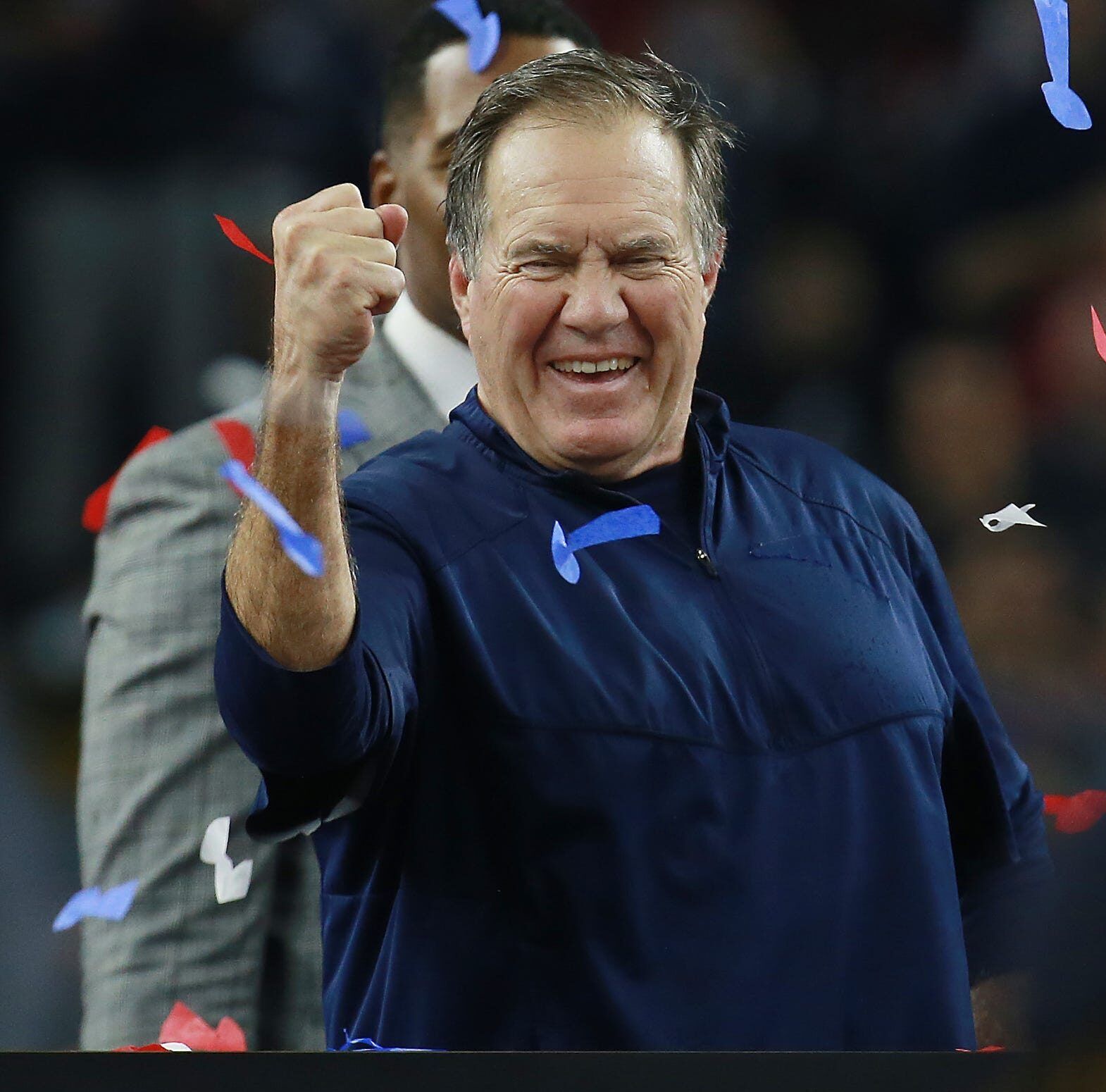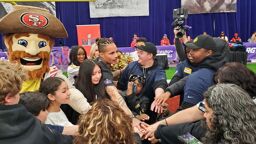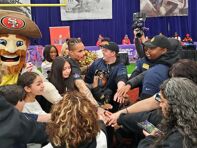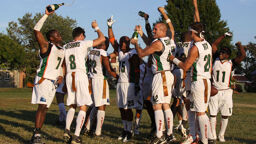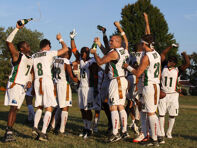The New York Warriors — the gay flag football team I helped start — had just lost in the semifinals of Gay Bowl V in San Diego when a book about coach Bill Belichick changed the course of my life.
I had already been a New England Patriots fan and a distant disciple of Belichick. I can’t say “the man could do no wrong” in my eyes, but it was close. After being a “long-suffering” Patriots fan growing up — though still thankful for a couple of (albeit disappointing) Super Bowl appearances — Belichick had lead the team to three Super Bowl titles.
He’d built a reputation of getting the most out of his players and elevating the level of defensive strategy to new highs.
So when a book about Belichick’s coaching lessons ,and how he grew to become the greatest football coach of all time — David Halberstam’s “The Education of a Coach” — came out in late 2005, I was eager to digest every word.
Get off the sidelines and into the game
Our weekly newsletter is packed with everything from locker room chatter to pressing LGBTQ sports issues.
The book, if you haven’t read it, is as incredible as the Patriots’ four-year journey in the early Naughts that brought three championships to New England and crowned the latest — if not the greatest — NFL dynasty.
The lessons I gleaned from that book, and also listening and watching Belichick from our apartment and a couple sports bars in Chelsea, changed how I approached preparing for gay flag football games, and it changed the course of the Gay Bowl.
Three of the key takeaways (but certainly not all of them) became hallmarks of the Warriors’ success.
The first takeaway: Be physical. Belichick wanted a tough, physical team that could withstand the rigors of a season and make his opponent earn every yard in a physical matchup.
It was after that Gay Bowl loss in 2005 that I met Wade Davis, a former Weber State standout who had been in the training camps of various NFL teams and played in NFL Europe. He shared this sentiment — let’s get physical — and with Wade’s insight and years of tackle-football experience, through drills and physical practives we became the most toughest team in the National Gay Flag Football League.
The second takeaway: Take away the other team’s strength. Figure out what your opponent wants to do and don’t let them do it. Or at the very least, make it really hard. Belichick talks with Halberstam about this very thing, and how it lead to one of the greatest upsets in Super Bowl history.
Yet how do you know what the other team wants to do when you don’t have film on teams?
So I approached Brian Bey, himself a student of football, to scout our opponents at the Gay Bowl. That gave us a huge leg up, as we went into the first snap with an idea of where the quarterback liked to throw, what kind of defense they ran, who their dominant receivers were.
The third takeaway: Don’t wait for halftime to make adjustments. This may seem obvious — You want to constantly adjust to what’s working and not working in a game. But on a recreational flag football team, how do you do that?
In the NFL, teams have coaches and players who specialize in offense or defense. So half the time, they are on the sideline looking at film, talking about the next series. They don’t watch the other side of the ball when they’re on the sideline, they ignore what’s going on and focus on their job.
“Do your job.”
I knew that if we were going to do that ourselves, we had to specialize more. Of course, some star players are naturally going to have roles on both sides of the ball in flag football.
Yet it meant that I had to take myself out of the offense, hand over the reigns and decision-making of the offense to our quarterback, NGFFL Hall of Famer Alon Hacohen, and focus myself entirely on the defense.
So that’s what we did. Alon ran the offense with his center Corey Johnson, and I ran the defense with Wade. And we all collaborated with everyone on the team. Get buy-in. Listen to their ideas, their feedback, at practice and the in the middle of games. On defense we specialized more, moving myself to linebacker to work with the linebackers and rushers, and Wade running the defensive backfield (though as he was the best player in the NGFFL at the time, he still had some heavy offensive playing time).
The talent we had with the Warriors was akin to the Patriots roster: A few very good athletes, a quarterback who was a student of the game and knew how to read defenses, and some players who were very willing to focus on one aspect of the game and master it.
At the perfect time — after we’d won the next two Gay Bowls, in Dallas and New York — another Belichick book came out.
Christopher Price’s “The Blueprint” was packed with a lot more football and strategy talk. And one quote from Belichick stuck out to me.
“Your team gets tired of hearing you say the same thing day after day,” Price quoted him as saying. “You have to find a different way to get the message across, so you come up with a different flavor.”
I underlined it in my copy, which I still have today. No doubt, after two years, my teammates had surely gotten tired of me talking about Belichick and his philosophy.
No team had ever won three straight Gay Bowls. And as we prepared for a run at a threepeat in Salt Lake City, I took Belichick’s lesson to heart. Alon, Wade and I challenged one another to think up new defenses, new wrinkles to the offense. We came up with new ways to practice, new drills. When I moved to Los Angeles, I even had Michael Irvin stop by a practice at a point of potential crisis for the team. His presence — a different voice — solidified that team.
By the skin of our teeth — the Phoenix Hellraisers had us on the ropes — we celebrated the elusive threepeat.
When I moved to Los Angeles, I took these lessons — and so many that I learned from the incredible players on the Warriors — with me. And with an extremely talented group of players, we were able to win two more Gay Bowls after that. The Warriors made it back to several Gay Bowl finals, finally bringing home the trophy in Gay Bowl XVII.
I see a lot of people comparing Tom Brady versus Bill Belichick. Who was “more important” to the Patriots’ success?
There really is only one answer: Both equally.
Winning championships in sports takes so much work, so many different personalities, strategy, execution, luck.
The Warriors and L.A. Motion don’t win without all of those things working in concert, and the Patriots won because of an impressive list of factors that, yes, include Brady, Belichick and owner Robert Kraft all doing their job.
If Belichick now goes on to win a Super Bowl with the Washington Commanders, that doesn’t suddenly mean Kraft was just along for the ride.
While my Gay Bowl coaching and playing days are over, I’m hoping that — despite the disappointment he won’t be doing it for the Patriots — Belichick gives us at least a few more seasons of coaching brilliance.
